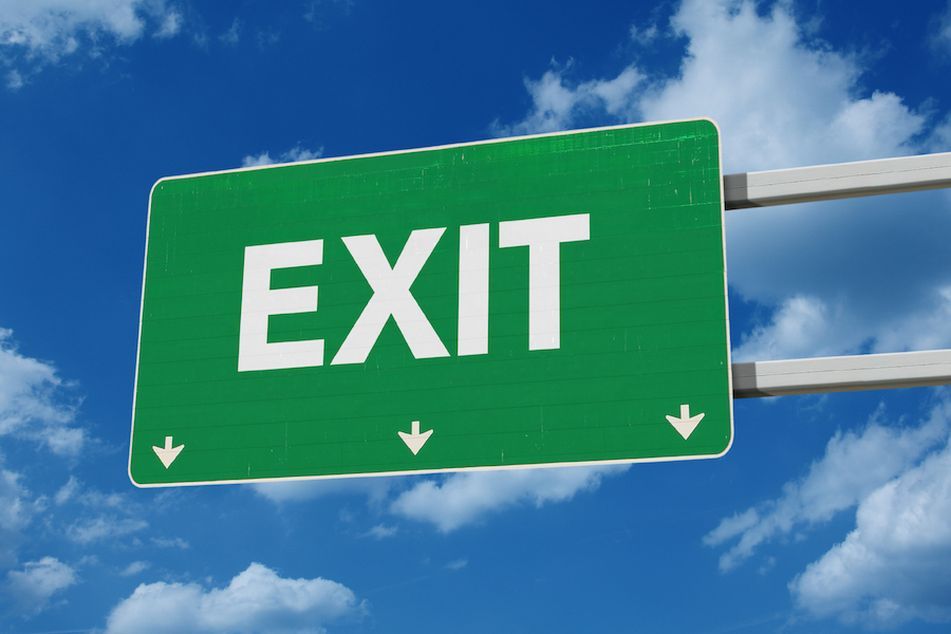Massachusetts risks $1B in lost tax yearly amid wealth exodus

A trend of exits from the state could see nearly 100,000 residents with a combined $19.2B in income leave annually by 2030.
Massachusetts stands to lose almost $1 billion in annual revenue by 2030 as high taxes and housing costs push wealthy residents to move elsewhere.
Migration out of Massachusetts to other US states accelerated during the pandemic as the rise of remote work made it more feasible to live farther away from the office. If the current trend continues, more than 96,000 residents making a combined $19.2 billion in adjusted gross income are set to leave the state annually by 2030, according to a study by Boston University’s Questrom School of Business. That will cost Massachusetts about $961 million in income tax revenue each year, the study estimates.
Last year, Massachusetts lost about 39,000 residents to other states, more than ten times the pace of 2013, with Florida and New Hampshire among the top destinations.
Prime-age workers have accounted for the majority of the exodus in recent years, with the 26-to-34-year-old cohort seeing the biggest volume of departures, according to the study. More than half of those who are leaving Massachusetts are high earners.
“If our workforce and population is not growing, then we can’t expect to have future economic growth,” Mark Williams, the primary researcher on the study and a lecturer at Boston University, said during a presentation on Tuesday. The persistence of remote work policies — particularly among the knowledge-based industries that dominate in Massachusetts — has made it easier for people to leave, Williams said.
Return to office rates in Boston have lagged the national average, with in-person visits in April still 39% below comparable 2019 levels, according to data from research firm Placer.ai. By contrast, traffic to offices in Miami, Washington, Dallas and Atlanta in April was the highest on a monthly basis since Covid. New York City’s return to office rate now exceeds 80%.
Outbound Massachusetts residents are primarily moving to other states in the New England region such as Maine and New Hampshire, or headed South to Florida, North Carolina and Texas. These states tend to have lower taxes, cheaper and more affordable housing and less expensive health care than Massachusetts.
Massachusetts recently enacted a 4% surcharge on incomes of more than $1 million. The so-called millionaire’s tax has generated about $1.8 billion in revenue in the first nine months of the current fiscal year, far exceeding the initial estimates built into the state’s budget, according to data from the Massachusetts Department of Revenue. Still, it’s too early to assess the longer term impact that tax will have on Massachusetts’ population growth, Williams said.
“Short run, we may be getting more tax revenue,” he said. “The question about that is, ‘Has that increased outmigration?’ If that data says it has, then the state needs to weigh that cost.”
Learn more about reprints and licensing for this article.








